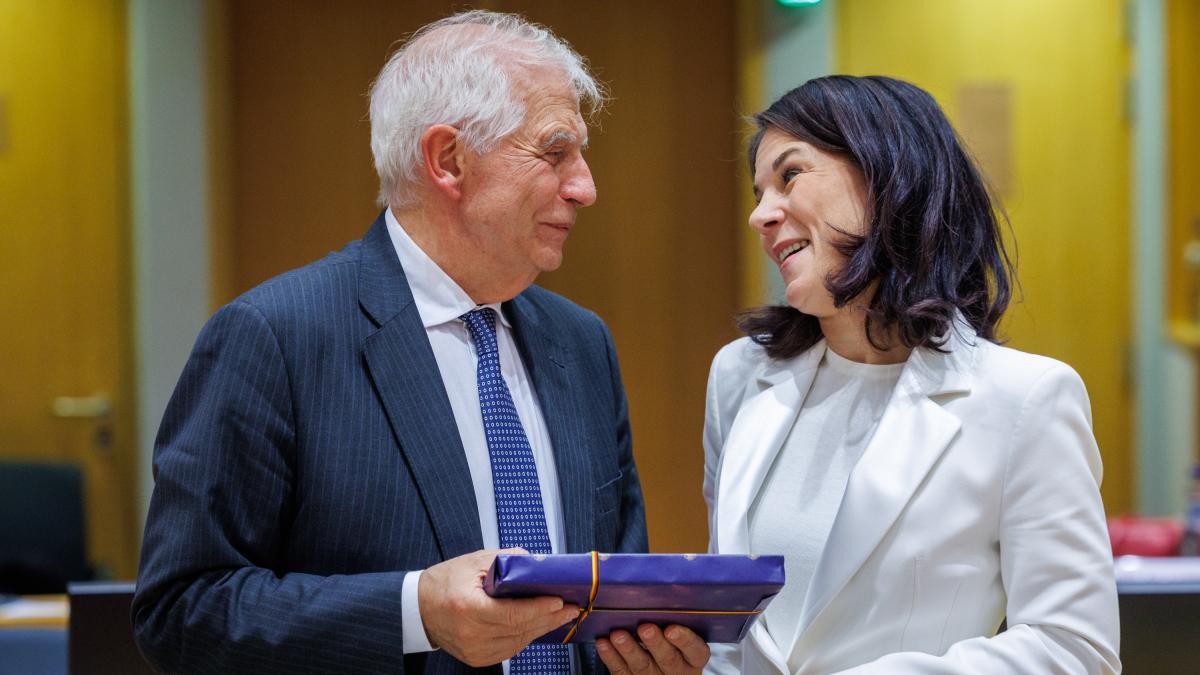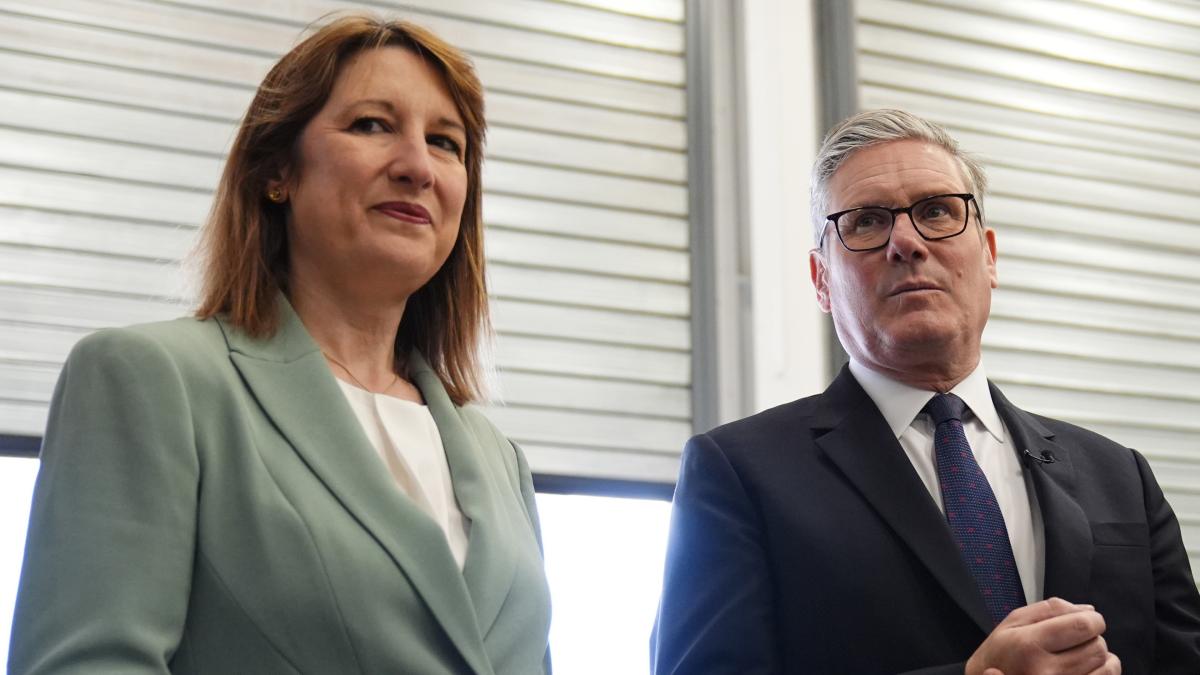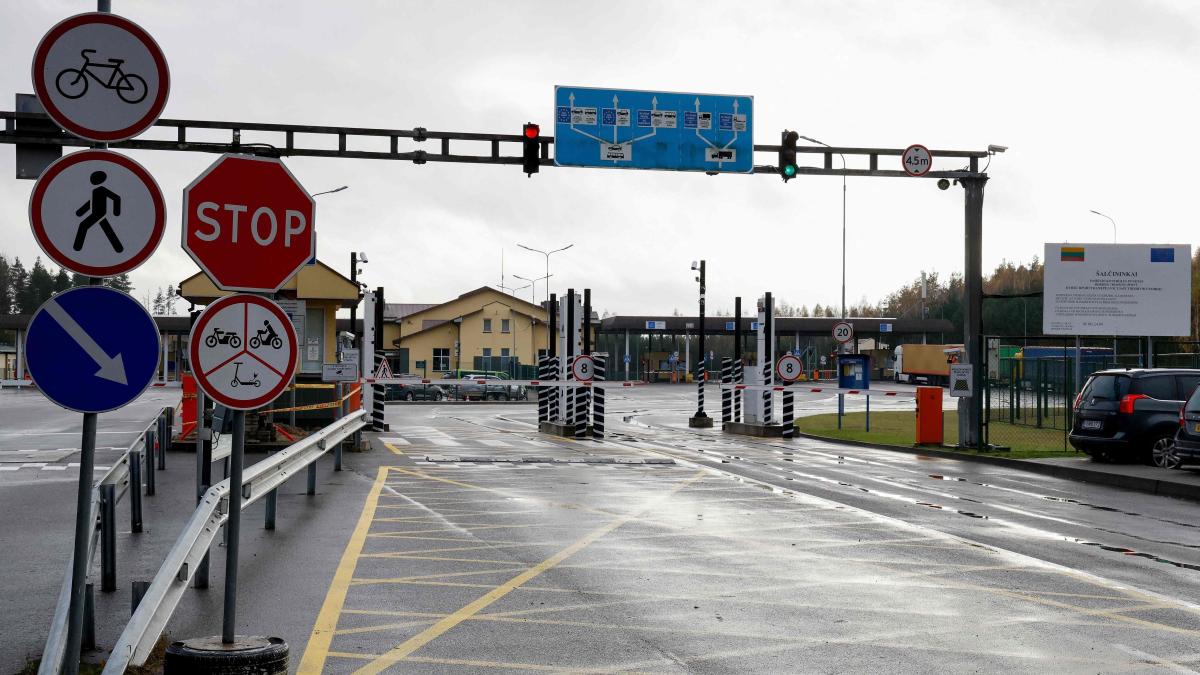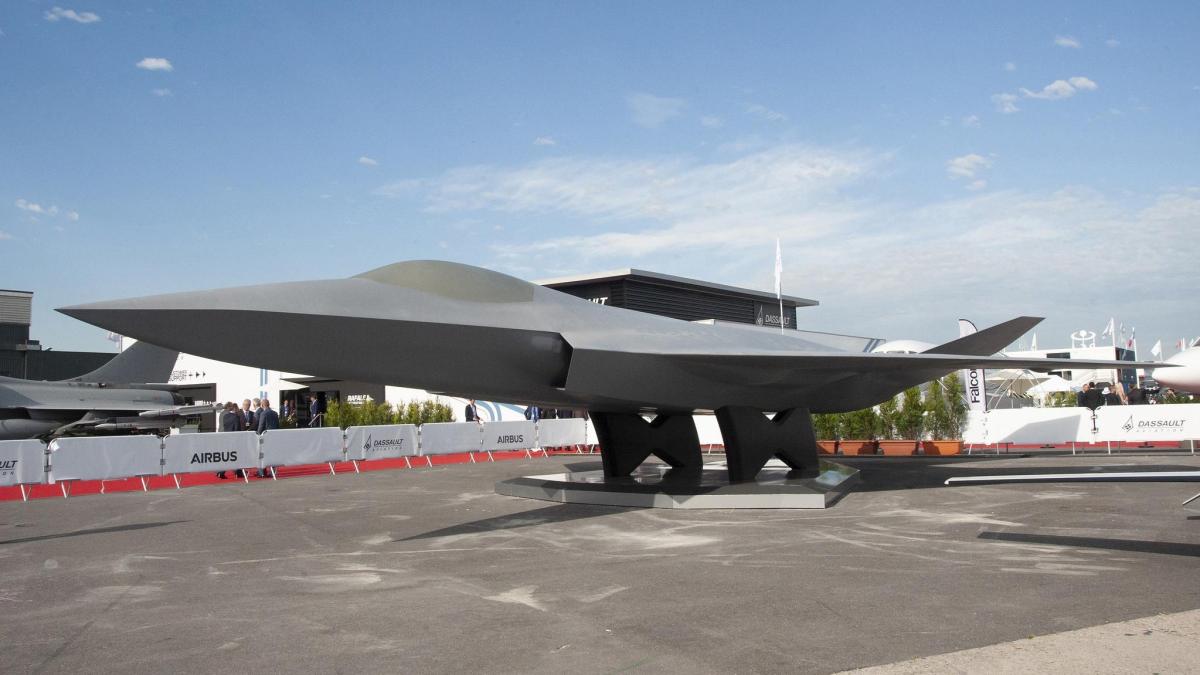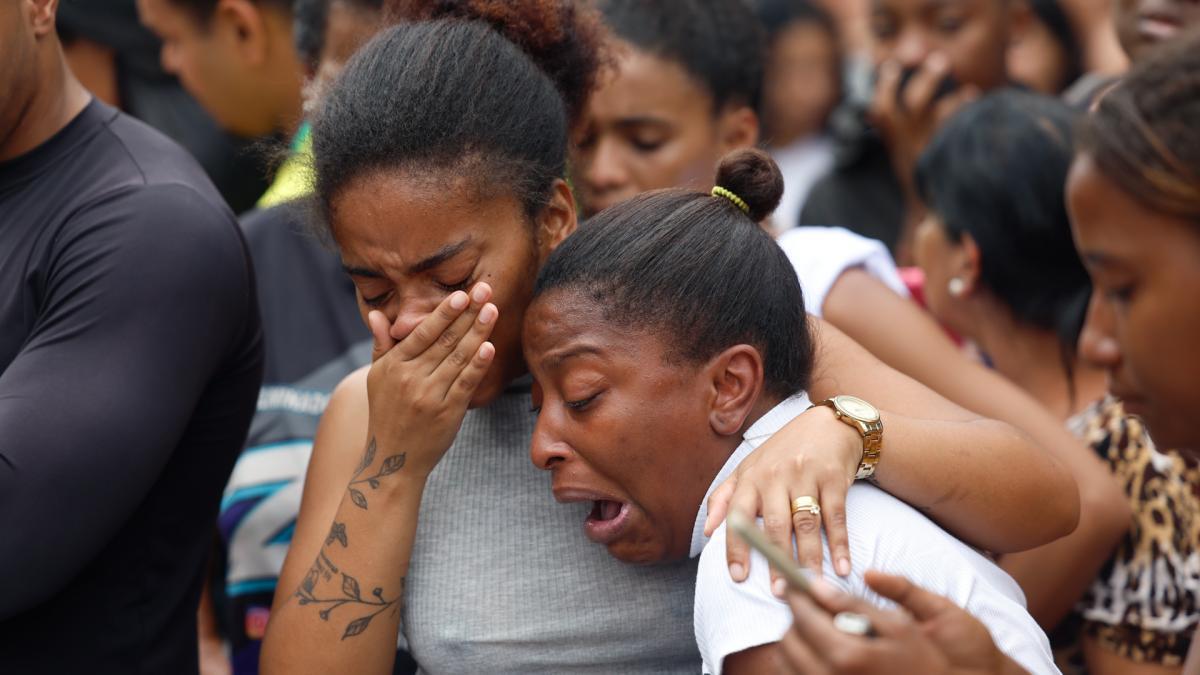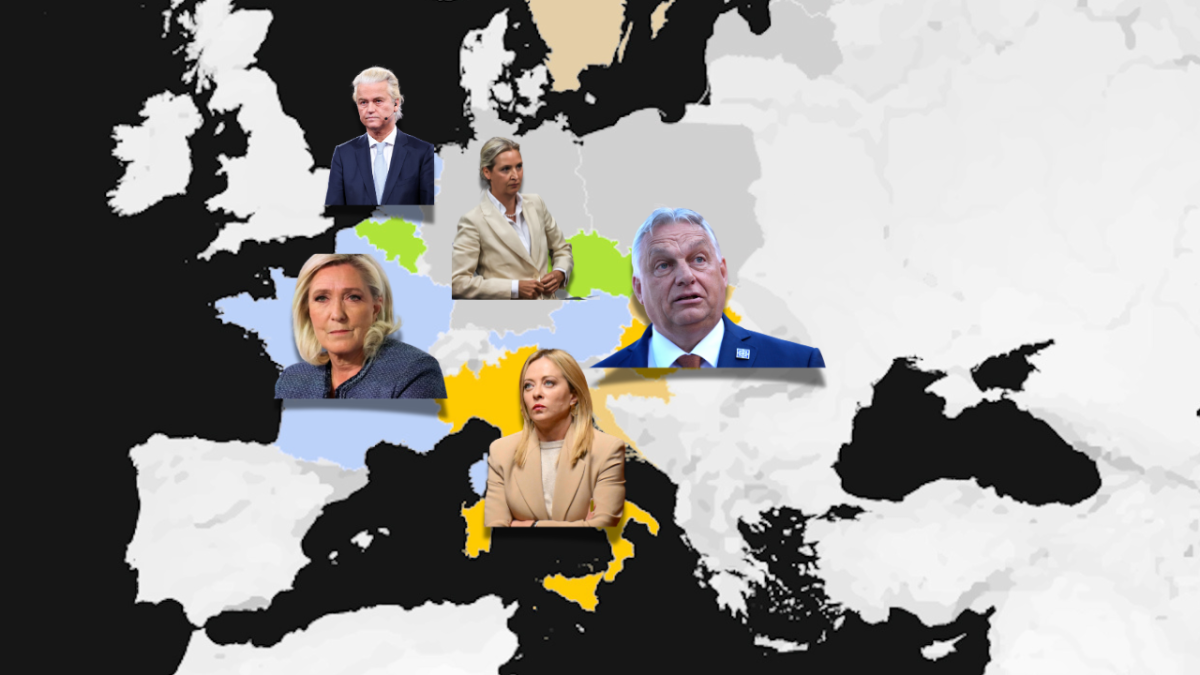Borrell Downplays Biden’s Endorsement: “Better Than Nothing”
In a diplomatic landscape fraught with tension, the recent approval by US President Joe Biden for Ukraine to utilize American-made missiles against Russian military targets has sent shockwaves through global political circles. However, the EU High Representative for Foreign Affairs, Josep Borrell, appeared less than enthused by this development. With the Kremlin fuming over Biden’s decision, Borrell’s remarks suggested a more tempered view: “It doesn’t seem like a spectacularly deep distance to me,” he asserted. “It’s better than nothing,” he concluded, while expressing support for the American move. Borrell sees it as ‘reasonable’ to supply Ukraine with weapons not just for defense, but to counterattack effectively, targeting the sources of aggression directly.
Yesterday, Borrell presided over what is likely to be his final meeting with EU foreign ministers before Estonian Prime Minister Kaja Kallas takes the helm. He reflected on the stagnation of international relations during his five-year tenure as a key diplomat. The issues that dominated his first meeting—Ukraine, Russia, and the Middle East—remain disappointingly relevant today. Borrell lamented, “We must be more united if we want to speak the language of power,” underscoring the lack of progress and the urgent need for a consolidation of EU foreign policy.
The Twenty-Seven Reject Proposal to Pause Political Dialogue with Israel
Despite Borrell’s efforts to push for a stronger stance, his last bid to suspend political negotiations with Israel concerning the ongoing humanitarian crisis in Gaza met with rejection from EU member states. The majority of leaders opted to maintain diplomatic channels open with Israel, arguing that it is critical, especially amidst accusations of human rights violations linked to the conflict. This decision, which hinges on unanimity, highlighted divisions within the bloc and carried a sense of resignation from Borrell, who remarked, “History will judge us all. I have done what I thought I had to do.” This clearly signals the complex web of political sentiments that complicates cohesion within the EU amidst escalating humanitarian concerns.
A World in Crisis: Reflecting on 1,000 Days of Conflict in Ukraine
Borrell characterized the geopolitical situation as significantly deteriorating since he took office five years ago. The official’s reflection on the 1,000 days of conflict in Ukraine has become a reminder of the challenges and ramifications that arise from unchecked aggression. He warned that the absence of a robust response to Russia’s actions emboldens further escalations: “Every step taken without reaction encourages Russia to escalate further.” His statements come amid rising worries regarding the burgeoning influence of countries like Iran, North Korea, and China, as evidence mounts that a Chinese factory is supplying drones for Russian operations. Borrell’s call for Europe to take greater strategic responsibilities underscores a shift in the narrative that EU defensive and foreign policy must evolve to address the changing global landscape.
Borrell’s warning is particularly salient amidst ongoing scrutiny regarding the humanitarian impact of the warfare—not just in Ukraine but also in Gaza. With rising casualties (nearly 37,000 reported fatalities in the ongoing warfare following a surge since the attacks in October), the urgency for a comprehensive diplomatic response intensifies. As he ended his tenure, Borrell left the question open: is Europe prepared to take decisive action, or will it continue to sidestep its responsibilities?
The Bitter Sweet Exit of a High Representative
Josep Borrell’s tenure concludes amidst a bitter taste as he reflects on the EU’s inability to forge a unified approach towards Israel amidst international law debates. The bloc’s choice to preserve diplomatic relations with Israel rather than implementing sanctions or suspensions due to the Gaza situation is a sentiment that reverberates across various European nations, many of whom remain uncomfortably aware of the humanitarian implications of their economic and military support to conflicting states. Borrell’s call for unity, paired with his recent disappointments, invokes a broader conversation about the effectiveness of diplomatic tools and the principles surrounding human rights that underpin these discussions.
As he ponders the actions taken—or not taken—by the international community and its subsequent historical assessment, the final chapters of his leadership manifest the ongoing struggles for peace, security, and moral responsibility in a fragmenting world.
In Conclusion
As the global political stage transitions from Borrell’s leadership, the European Union faces critical challenges ahead. The bold cooperation needed to respond effectively to the crises in Ukraine and Gaza, among others, poses an essential test for the next High Representative and the future of EU foreign policy.

